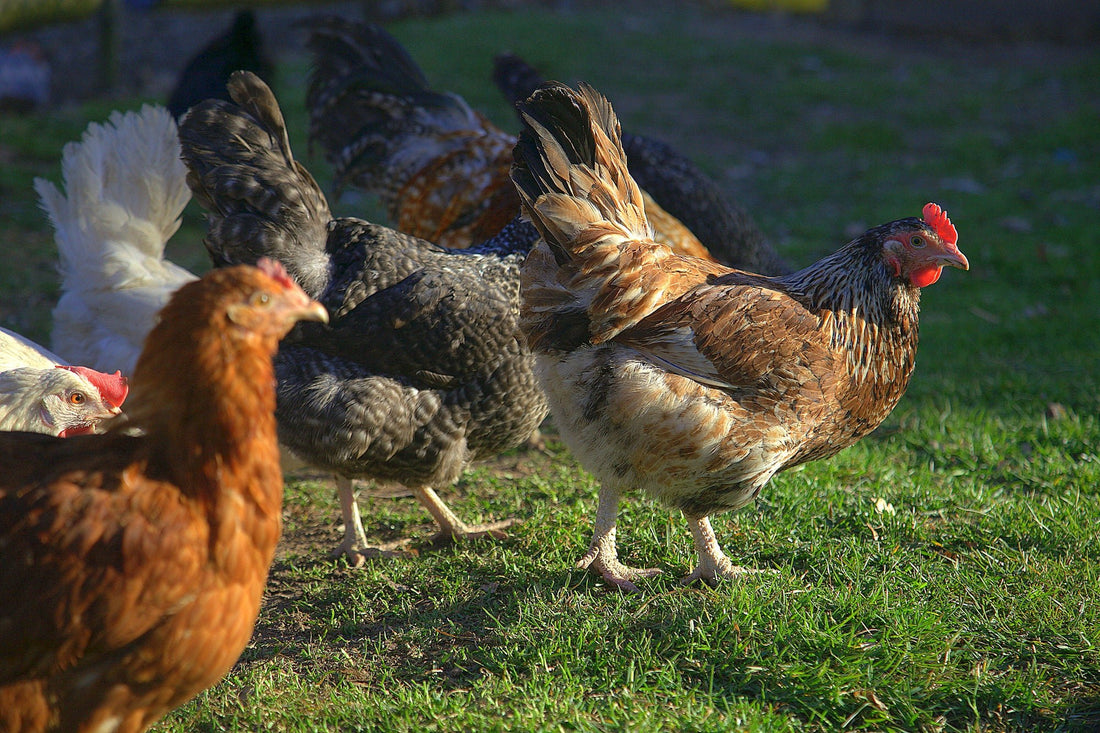While many flock owners focus on raising young chickens, there are numerous advantages to keeping older birds in your coop. Older chickens, often overlooked in favor of their younger counterparts, bring value and stability to a flock. This article explores the various benefits of maintaining older chickens and provides insights into how they can contribute positively to your backyard farming experience.
Extended Laying Period
Contrary to popular belief, older chickens can continue to lay eggs, albeit at a reduced rate. While it's true that peak egg production occurs in the first few years, many chickens maintain a steady output well into their older years. This extended laying period can be particularly beneficial for small-scale or backyard farms where egg continuity is more valuable than maximizing production.
Moreover, the eggs from older chickens are often larger and have more intensely flavored yolks, a result of their matured diet and development. These qualities can enhance the culinary experience, making older chickens a valuable asset for food enthusiasts.
Rich Flavor in Meat
If you raise chickens for meat, older birds offer a distinct advantage—their meat is rich in flavor. While it's tougher than that of younger chickens, the meat from older birds is well-suited for certain recipes like slow-cooked stews and broths. This makes older chickens an excellent choice for culinary traditions that emphasize depth of flavor and heartiness.
Additionally, keeping older chickens until their natural decline in production means maximizing the return on the investment of raising them from chicks, which aligns with sustainable and ethical farming practices.
Pest Control Experts
Older chickens are experienced foragers. They have honed their skills in pest control over the years, making them invaluable assets for managing insects and unwanted bugs in your garden or farm. Their continuous scratching and pecking help keep the bug population down, reducing the need for chemical pesticides and promoting a more organic gardening approach.
Moreover, this activity helps aerate the soil, which can improve the health of your garden beds by enhancing oxygen flow and disrupting the lifecycle of harmful pests.
Flock Stability and Social Order
Older chickens play a crucial role in maintaining social stability within a flock. Their presence can help calm younger, more excitable birds, and they often teach the newcomers the nuances of flock dynamics and pecking order. This mentoring behavior can significantly reduce conflicts and injuries among chickens, promoting a more harmonious environment.
Furthermore, older chickens are typically less prone to panicking in stressful situations, and their calm demeanor can help stabilize the flock during environmental stressors such as changes in the coop or the introduction of new members.
Reduced Maintenance and Care Needs
Having matured through the more vulnerable stages of life, older chickens are generally hardier and require less intensive care than chicks or young birds. They are well-adapted to the local climate and environment, which reduces the need for specialized housing or dietary accommodations.
This hardiness translates into reduced veterinary costs and less day-to-day maintenance, making older chickens a practical choice for those looking for a low-maintenance poultry-keeping experience.
Educational Opportunities
Keeping older chickens can provide educational opportunities for families, especially those with children. Observing the life cycle of chickens, including their progression into old age, offers valuable lessons on biology, responsibility, and the care of living creatures.
Furthermore, the interactions between older and younger chickens can serve as practical demonstrations of social behavior and animal welfare, fostering empathy and scientific curiosity in young observers.
Contribution to Sustainability
By keeping older chickens, you contribute to sustainable farming practices. Instead of culling birds as soon as their peak productive phase ends, maintaining them throughout their natural life span reduces waste and emphasizes the value of each animal as more than just a commodity.
This approach not only aligns with ethical farming principles but also promotes biodiversity and the preservation of heritage chicken breeds, many of which are better suited to longevity and survival in diverse environmental conditions.
Older chickens bring a myriad of benefits to any flock, from extended egg production and pest control to educational value and sustainability. By valuing and maintaining older chickens, flock owners can enjoy a richer, more fulfilling experience in poultry keeping.
These birds demonstrate resilience, contribute to ecological health, and enrich the lives of those who care for them. They prove that in the world of poultry, older certainly can mean better.

